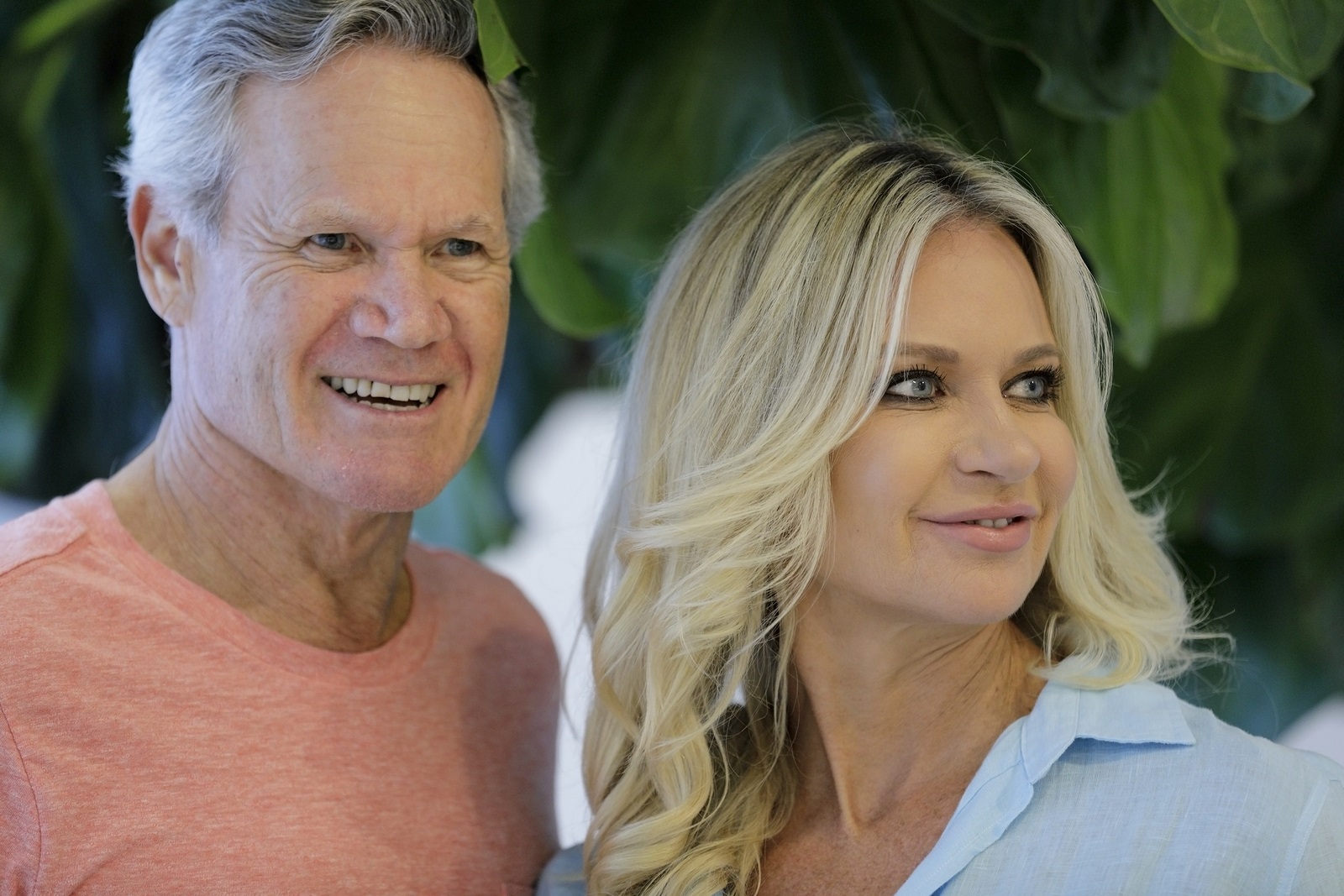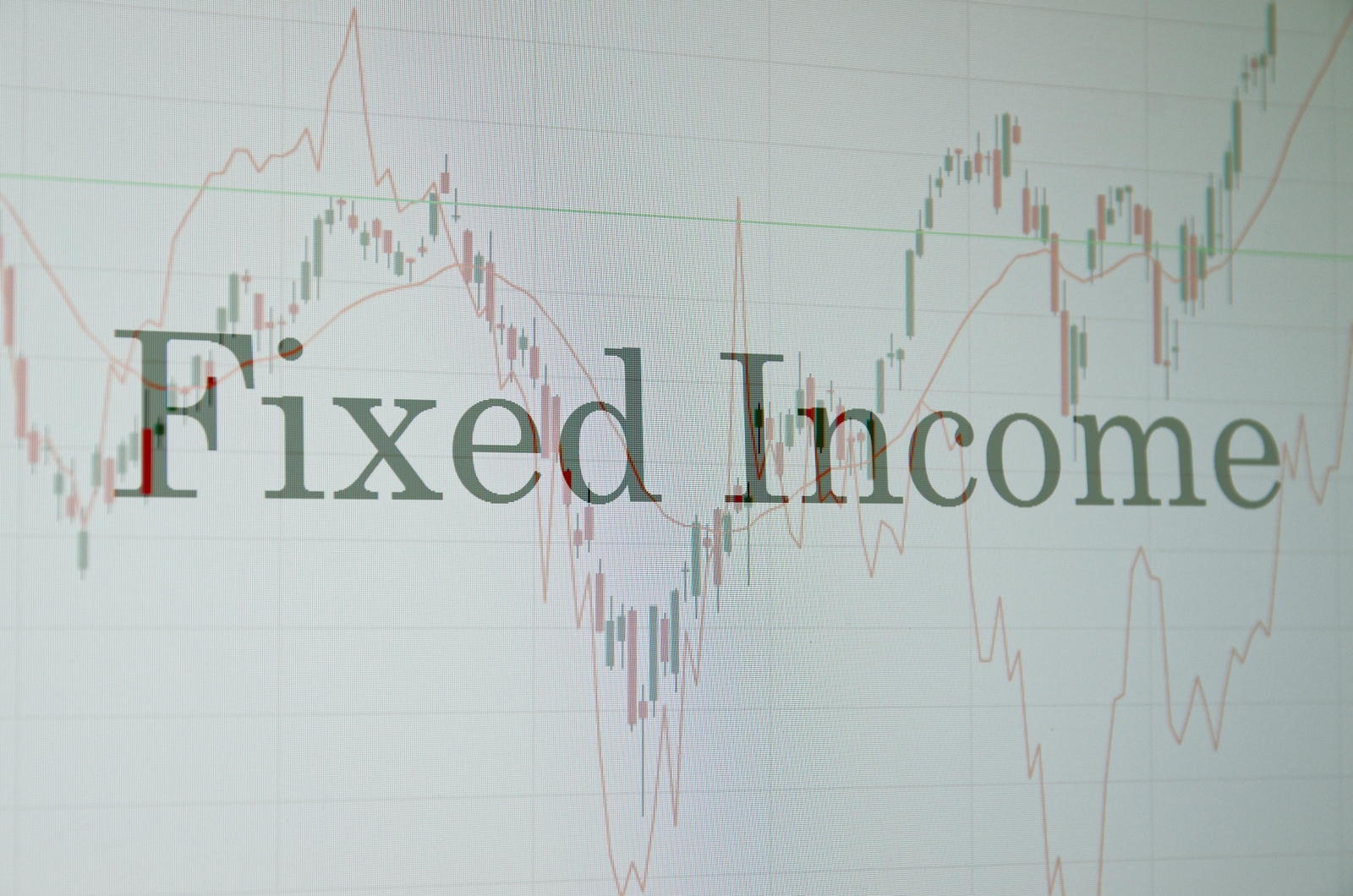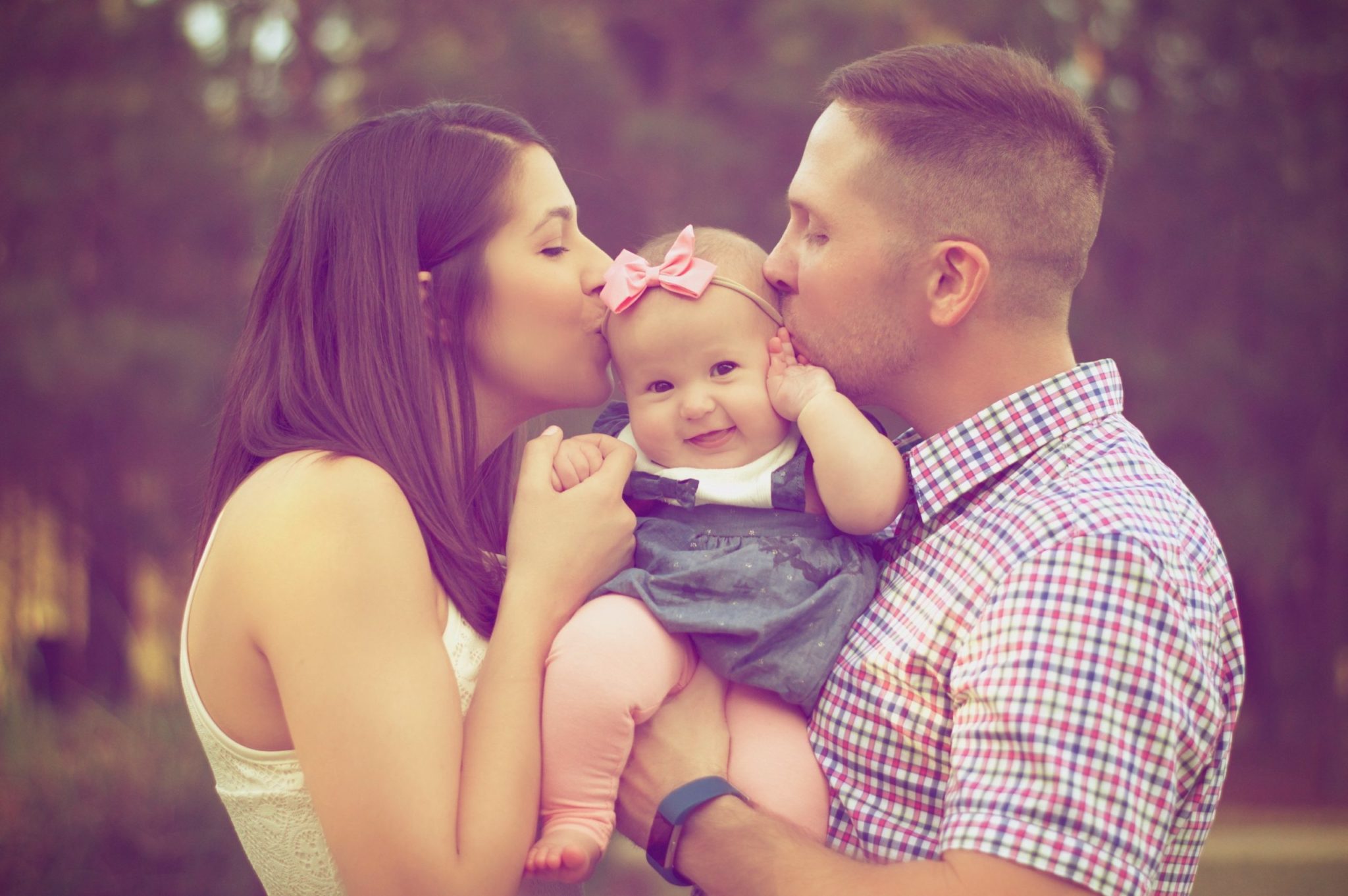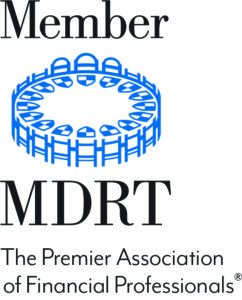News
Financial Planning for a Couple’s Age-Gap
Couples usually don’t retire at the same time when they have an ‘age gap’ between them. An age gap relationship is one where there is eleven or more year’s age difference between them. Age-gap relationships are becoming more common as people are choosing to marry later in life with someone significantly younger. This type of relationship requires some additional financial planning.
Understanding Fixed Income: For Today and the Future
Fixed income is something many Americans don’t understand, according to the 2019 survey, “Fixed Income, Not Fixed Thinking,” by BNY Mellon Investment Management, one of the largest asset managers in the world. The study revealed that the majority of Americans surveyed have a limited understanding of fixed income investments, regardless of age, income, education level, and other demographics. The lack of understanding ranged from bonds, different fixed-income solutions including fixed-income insurance products, comprehending how fixed-income plays into retirement planning, and understanding its risk in comparison to other asset classes.
10 Financial Tasks To Complete Before 2020 (Yes, You Have Time)
Here we are, already to the end of 2019! The end of a year and the start of a new one is when most people decide to clean up and implement changes in some areas of their lives. Whether it is financial or health-related, starting the New Year off with tasks completed feels good! Here are ten financial tasks that can make a difference to you now, and later:
Dare to Dream: Your Success Depends on It
Dreaming and goal setting are interrelated; first, you dream about what you want, then you determine how to obtain it. Our dreams should help guide us to make the right choices at the right time and in the proper manner. But merely dreaming about something is not enough; we must set goals to achieve it. In psychology, goal setting refers to a successful plan of action that we set for ourselves.
Uninsurable? Guaranteed Issue Life Insurance may be for You
For people that have been diagnosed with a terminal illness or are in poor health, the idea of not having life insurance when needing it can be unsettling. For others who have a chemical dependency or have had one in the past, guaranteed issue life insurance (GI life) ignores the health risk of the dependence and provides the death benefit to their beneficiaries after the two-year waiting period. With other types of life insurance, the health risks the individuals face would be an automatic decline for coverage. Guaranteed issue life insurance may be the only life insurance available to these individuals.













